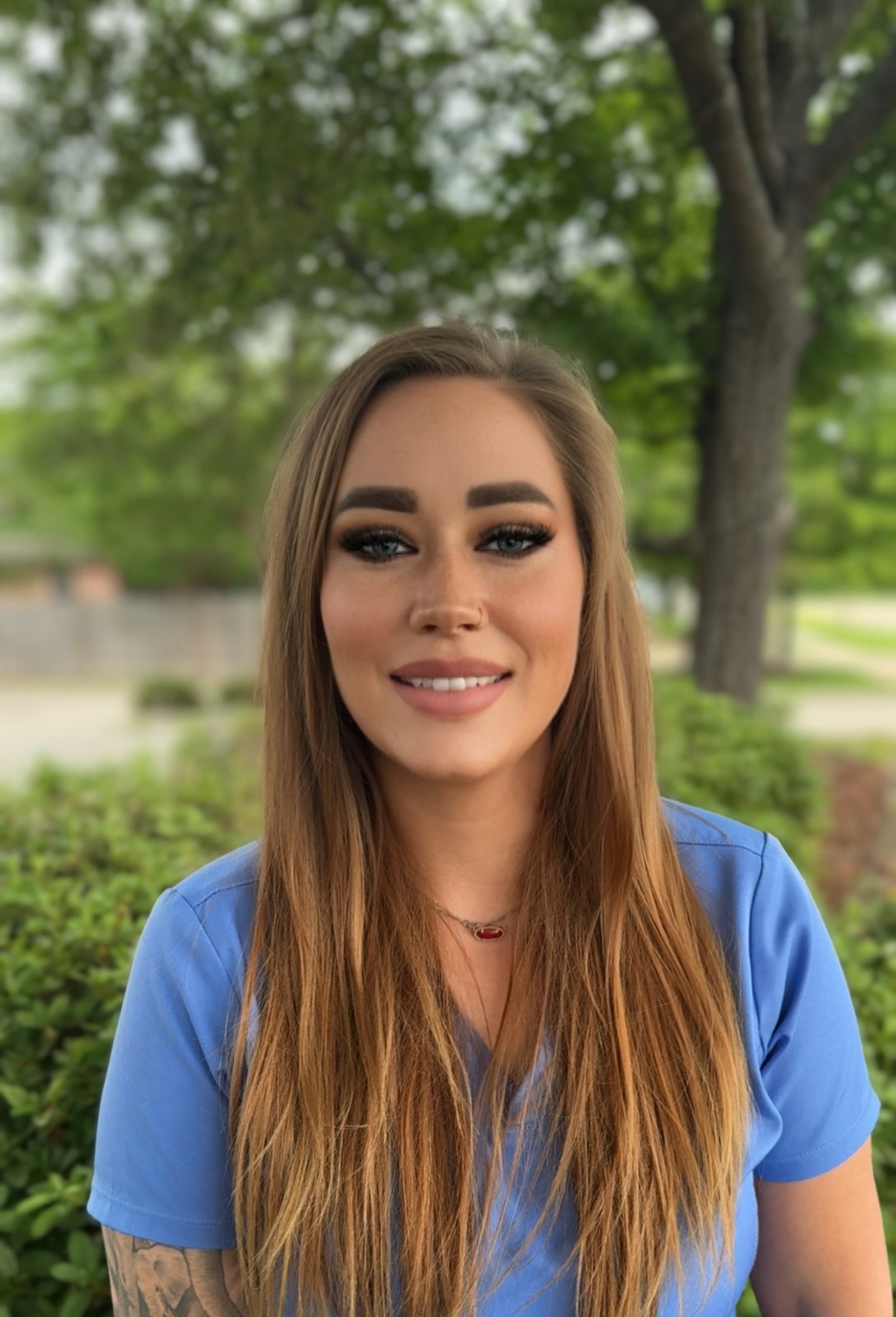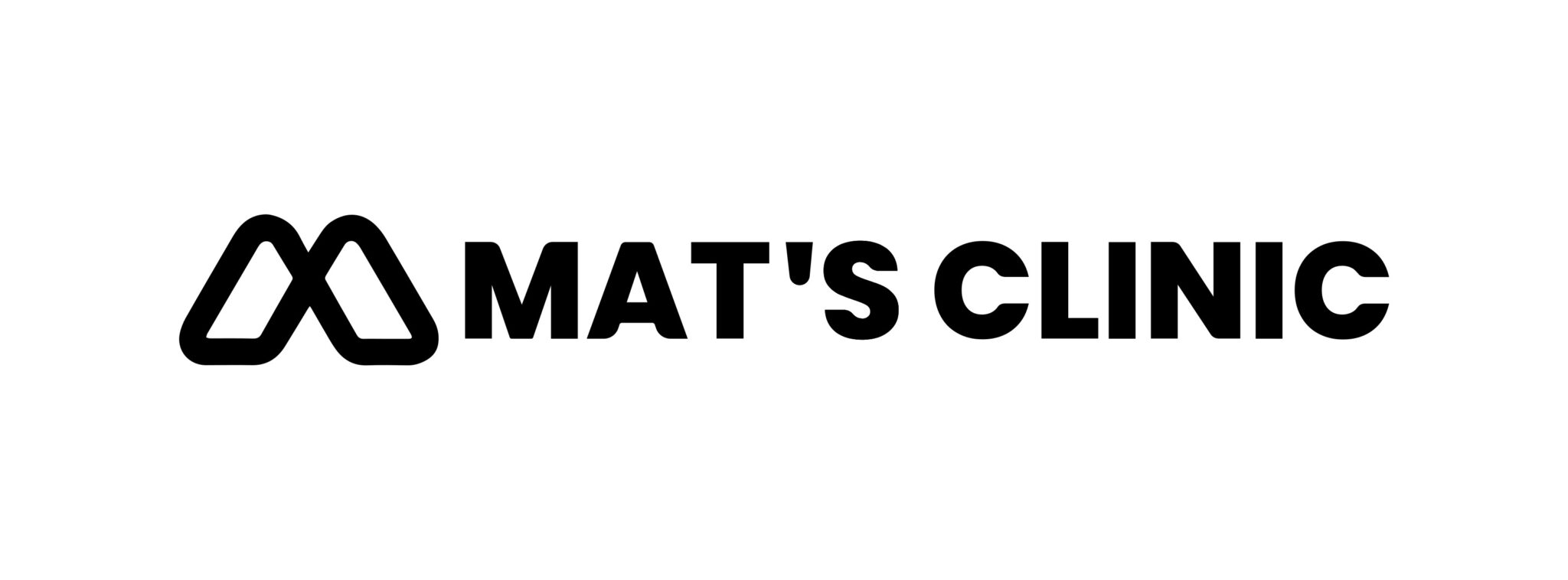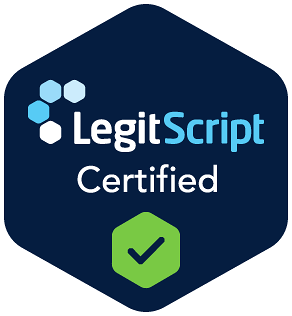Frequently Asked Questions
Get Answer To Your Most Asked Questions
You have questions. We have answers.
We are here to help you with your questions!

We currently offer Soboxone and its generic forms, Zubsolv, Sublocade, Brixadi, Subutex, Vivitrol, and Natrexone for substance use disorders. We can help with some other types of medications typical for patients with substance use disorder to help with anxiety, depression and sleep. We also offer testosterone replacement therapy and GLP-1s for weight loss.
Instead of coming for an in-person visit, we offer telehealth which is a visit you can do over your phone. The convenience and privacy of this method is becoming more attractive but it does raise safety concerns for us as the provider. We require intermittent oral swab samples from patients doing telehealth visits but keep the process easy peasy.
We currently do not accept insurance for office visits. Unfortunately the insurance reimbursements are still too low for us to keep our lights on. We keep our price as low as we can to stay in business while delivering excellent care. Should the insurance landscape improve over time we’d be delighted to start accepting insurance. In the meantime, it’s private pay for the office visit and we run prescriptions through insurance. Most insurance policies cover a good portion, if not all, of the cost for the medications.
In most cases, you can be seen by a provider the same day during normal office ours. If not the same day, then definitely within 24–48 hours. Our goal is to make access to care fast, easy, and judgment-free.
Yes! We offer a free, no-pressure consultation. You can ask questions, share your story, and decide if this is the right fit for you.
Expect the initial appointment to take up to 1 hour. Ongoing appointments should be between 20 and 30 minutes.
Patients are typically seen monthly to stay on track with their treatment plan. This is primarily due to how insurance approves the medications available for substance use disorder.
It depends from person to person. We have patients who eventually taper off these medications and others who benefit from staying on them for life. We address the needs, goals and set realistic expectations with our patients once getting to know the specific circumstances. A lot depends on how thorough the patient addresses their recovery in all areas of life. We support reaching abstinence and want to avoid a patient feeling stuck.
Unfortunately the insurance reimbursements are still too low for us to keep our lights on. We keep our price as low as we can to stay in business while delivering excellent care. Should the insurance landscape improve over time we’d be delighted to start accepting insurance. In the meantime, it’s private pay for the office visit and we run prescriptions through insurance. Most insurance policies cover a good portion, if not all, of the cost for the medications.
You can click here to see our availability and book an appointment online. You may also call or text us at 225-468-6287 and we can book your appointment over the phone.
MAT includes many different types of medications and some can lead to building up tolerance, which means a patient needs more of it to reach the same effect, similar to active drug use. We steer clear from utilizing these medications because then it can feel like you’ve traded one drug
We fully support a patient wanting to pursue abstinence. However, with the number of people in our community (and the world) overdosing from opioids especially, we are really grateful to have options for those unable to pursue abstinence in this stage of their recovery.


